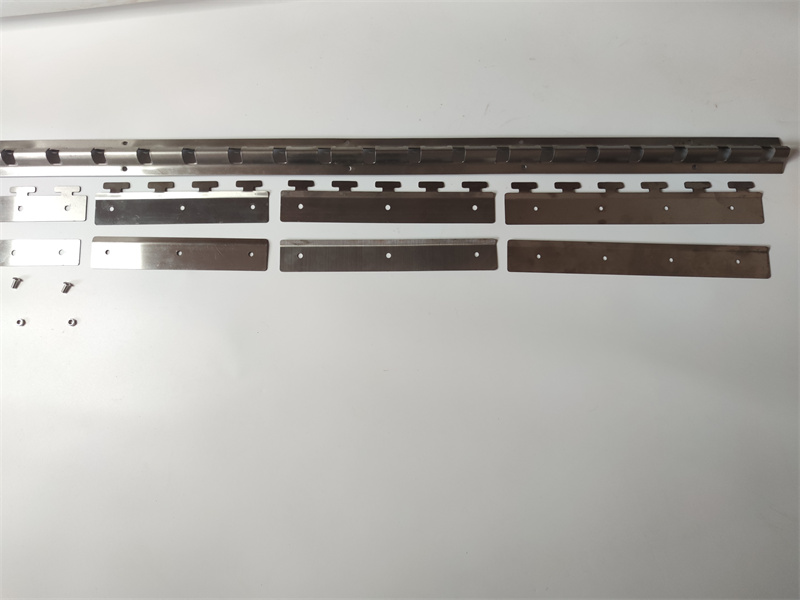- Afrikaans
- Albanian
- Amharic
- Arabic
- Armenian
- Azerbaijani
- Basque
- Belarusian
- Bengali
- Bosnian
- Bulgarian
- Catalan
- Cebuano
- Corsican
- Croatian
- Czech
- Danish
- Dutch
- English
- Esperanto
- Estonian
- Finnish
- French
- Frisian
- Galician
- Georgian
- German
- Greek
- Gujarati
- Haitian Creole
- hausa
- hawaiian
- Hebrew
- Hindi
- Miao
- Hungarian
- Icelandic
- igbo
- Indonesian
- irish
- Italian
- Japanese
- Javanese
- Kannada
- kazakh
- Khmer
- Rwandese
- Korean
- Kurdish
- Kyrgyz
- Lao
- Latin
- Latvian
- Lithuanian
- Luxembourgish
- Macedonian
- Malgashi
- Malay
- Malayalam
- Maltese
- Maori
- Marathi
- Mongolian
- Myanmar
- Nepali
- Norwegian
- Norwegian
- Occitan
- Pashto
- Persian
- Polish
- Portuguese
- Punjabi
- Romanian
- Russian
- Samoan
- Scottish Gaelic
- Serbian
- Sesotho
- Shona
- Sindhi
- Sinhala
- Slovak
- Slovenian
- Somali
- Spanish
- Sundanese
- Swahili
- Swedish
- Tagalog
- Tajik
- Tamil
- Tatar
- Telugu
- Thai
- Turkish
- Turkmen
- Ukrainian
- Urdu
- Uighur
- Uzbek
- Vietnamese
- Welsh
- Bantu
- Yiddish
- Yoruba
- Zulu
Exploring the Versatility of Soft Glass PVC for Modern Design Applications
The Versatility and Applications of Soft Glass PVC
In the realm of modern materials, Soft Glass PVC has emerged as a prominent choice for various applications due to its unique properties and versatility. Polyvinyl chloride (PVC) is a widely used synthetic plastic polymer, and when combined with additives to create a softer, more flexible variant, it opens up a multitude of possibilities in both industrial and consumer markets.
What is Soft Glass PVC?
Soft Glass PVC is a variant of polyvinyl chloride that has been modified to enhance its flexibility and softness. Unlike rigid PVC, which is commonly used in construction, plumbing, and medical devices, soft glass PVC is often used in applications requiring a malleable and more adaptable material. The term soft glass PVC is attributed to its transparency and smooth finish, which mimic the aesthetics of glass while providing the durability and lightweight characteristics of plastic.
Properties of Soft Glass PVC
One of the most notable features of soft glass PVC is its excellent transparency. This makes it an ideal alternative to glass in numerous applications since it allows for light transmission while being much more resistant to shattering and breakage. Furthermore, it has a good resistance to weathering and UV radiation, which makes it suitable for both indoor and outdoor uses.
In addition to its aesthetic appeal, soft glass PVC is chemically resistant, which means it can withstand exposure to acids, alkalis, and salts without degrading. This property makes it particularly useful in environments where harsh chemicals are present. Furthermore, the material is lightweight and can be easily fabricated into various shapes and forms, making it an attractive option for manufacturers.
Applications of Soft Glass PVC
soft glass pvc

Soft Glass PVC is employed across a wide range of industries, including construction, automotive, medical, and consumer goods. In construction, it's often used for windows and doors as it offers a transparent solution that is both safe and durable. The material is also utilized in the creation of protective cover materials that shield light fixtures, signs, and displays.
In the automotive sector, soft glass PVC is frequently used in manufacturing dashboard components and internal lining due to its durability and ease of cleaning. The medical industry leverages this material in the production of tubing and medical devices, as its chemical resistance and flexibility ensure safety and reliability.
Consumer goods manufacturers also appreciate soft glass PVC for its versatility. Products such as clear bags, portable containers, and inflatable items benefit from this material's lightweight properties and transparency. Moreover, the fashion industry has started to embrace soft glass PVC due to its unique textures and aesthetics, creating accessories that are both stylish and functional.
Environmental Considerations
While soft glass PVC offers many advantages, there are also environmental considerations to take into account. The production and disposal of PVC can have negative implications for the environment if not managed properly. However, advancements in recycling technologies and biodegradable additives are being developed, making soft glass PVC a more sustainable choice in the long run.
Conclusion
Soft Glass PVC is a remarkable material that combines the advantages of flexibility, durability, and aesthetic appeal. Its wide range of applications demonstrates its versality in various sectors, from construction to fashion. As the focus on sustainable materials intensifies, ongoing innovations and improvements in soft glass PVC are likely to enhance its properties and reduce its environmental impact, making it a vital material for future developments. Emphasizing its potential, soft glass PVC stands out as a perfect example of how modern materials can meet the dynamic needs of both industry and consumers alike.
-
Transparent PVC-Folie – Flexible & Durable Clear Plastic Sheets for Versatile UseNewsJul.05,2025
-
High-Quality Cold Room Door Curtains Durable PVC Strip Curtains for Cold StorageNewsJul.05,2025
-
Shop Yellow Ticking Stripe Curtains – Classic Style, Durable Fabric, Multiple Colors AvailableNewsJul.05,2025
-
Plastic Curtain for AC – Energy Saving & Easy Installation Perfect for Room and Freezer UseNewsJul.04,2025
-
Industrial Strip Curtains - Durable PVC & Plastic Solutions for Industrial DoorsNewsJun.24,2025
-
PVC Curtain Strip – Durable Standard PVC Strips for DoorsNewsJun.10,2025



